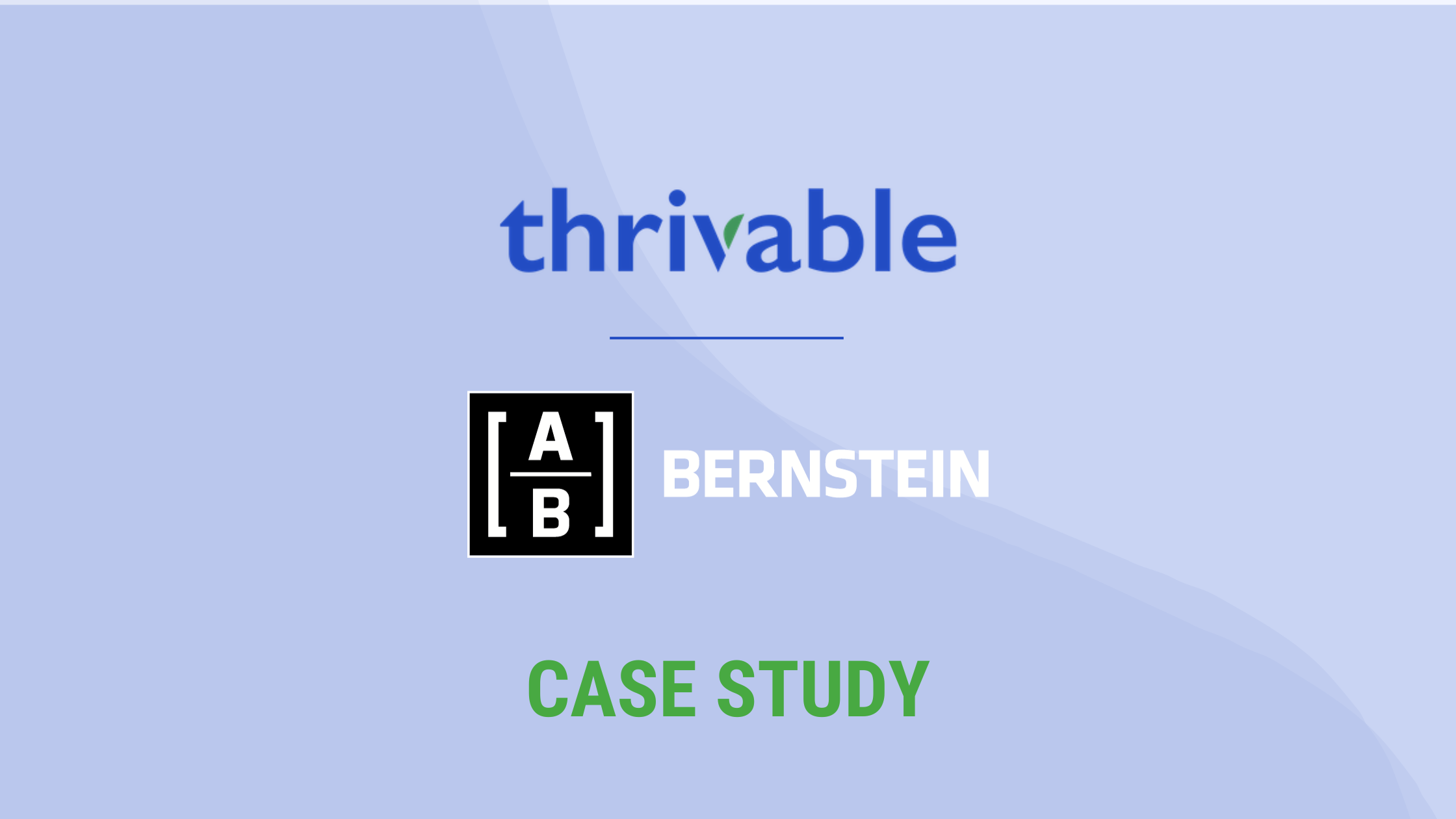Blog
A Practical Guide to Detecting and Preventing Fraud in Research Studies and Recruitment

Adam Zandman
Insights
.png)
Fraudulent activity can have far-reaching consequences, compromising the reliability of data and distorting research outcomes. Yet fraud is prevalent across recruitment and research in healthcare.
Online studies, especially, present challenges. They offer a breeding ground for potential applicants to misrepresent themselves, often driven by financial incentives. A study conducted on an online intervention trial for insomnia among older adults revealed alarming rates of fraudulent applications, with 7.08% of interest forms identified as fraudulent.
Fraud extends beyond quantitative and human factors studies, affecting the rigor and soundness of qualitative research. A case study involving participants fabricating information about being caregivers for individuals with dementia and chronic wounds demonstrates the potential consequences of fraudulent data. Such instances highlight the need for stringent verification processes to prevent misrepresentation and maintain the integrity of research findings.
Thorough screening tools become a crucial defense against such misrepresentation, preserving the authenticity of research findings.
The key is proactivity
Thrivable's fraud detection process reflects a proactive approach to combating fraud. Leveraging IP address and phone number checks, CAPTCHA, and email confirmation, organizations can establish robust initial checkpoints to filter out potential fraudsters. The three checkpoints - Profile Creation, Screening, and Research Activity - provide a structured framework to monitor and eliminate fraudulent activities at various stages of research participation.
Building on these insights, researchers should adopt a vigilant stance in the face of potential fraud. Implementing comprehensive screening tools, learning from past experiences, and prioritizing the integrity of data collection processes are essential steps to navigate the intricate landscape of research studies and recruitment.
Here are a few red flags to look for in research activity:
-
Suspicious completion times that are chronically quicker than expected
-
Straight-lined answers in quantitative studies
-
Gibberish or uncompleted answers to open-ended questions
-
No-shows at in-person studies
-
Non-compliant panelists who disregard specified rules and guidelines
-
Professional survey takers
Fraud poses a challenge that requires a thorough understanding and proactive detection and prevention strategies. By drawing on real-world examples and insights, researchers can strengthen their defenses against misrepresentation, ultimately fortifying the reliability of research outcomes. The emphasis should be on education, vigilance, and the continuous refinement of methodologies to uphold the core tenets of trustworthy and impactful research.
If your organization struggles to capture trustworthy market data because of bots and fraudulent activity, connect with a member of the Thrivable team. We can provide patient data and insights you can confidently use to make strategic business decisions. We invest in proprietary fraud detection systems, including robust fraud detection and rigorous data quality checks to detect fraud during recruitment and research to ensure you always receive clean and up-to-date patient data. Set up a free consultation today.
About the author

Adam Zandman
Adam, Thrivable's Marketing Director, is a passionate advocate for improving the patient experience, driving companies to prioritize the patient voice in their decisions
Related Content
-

-

Case Study
Case Study: How Bernstein is Reshaping the Way Investors Think about Diabetes MedTech
Market Research
-



